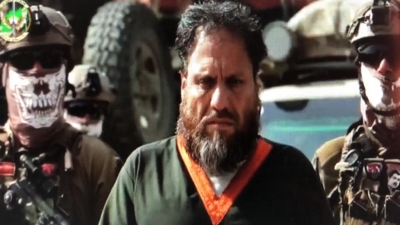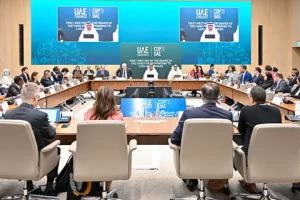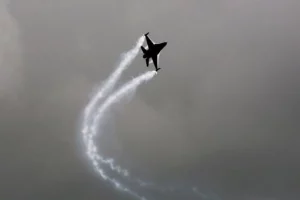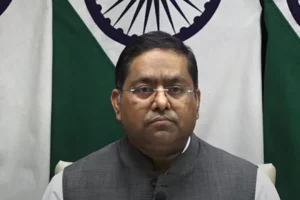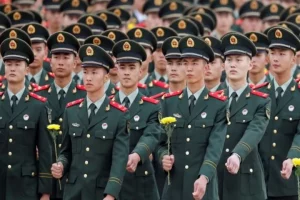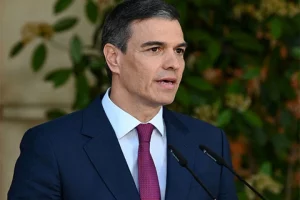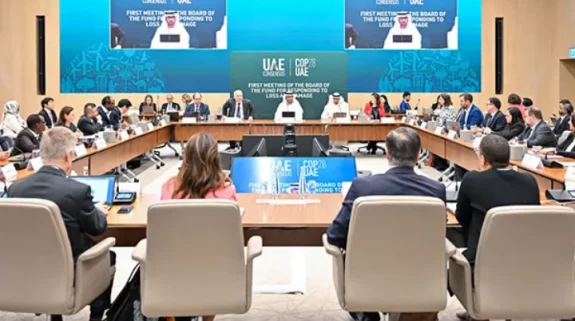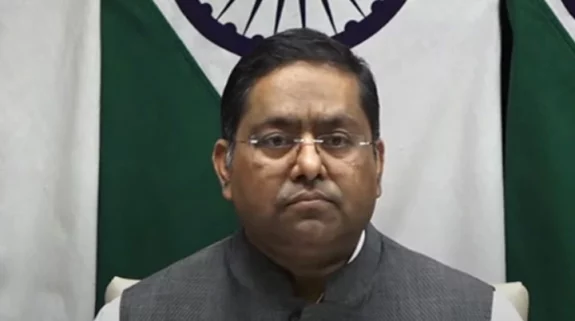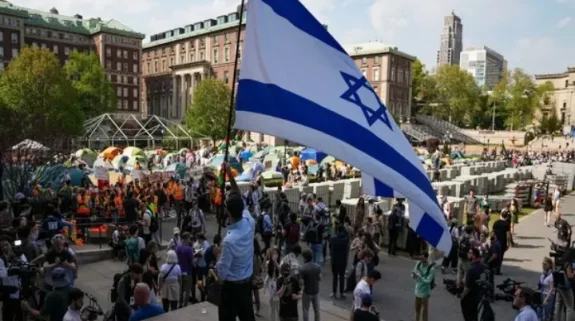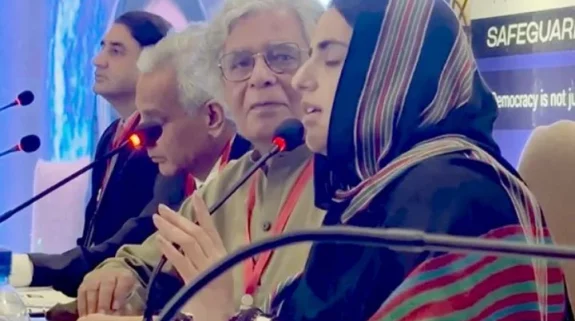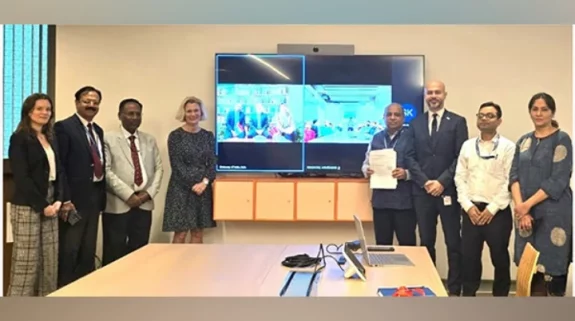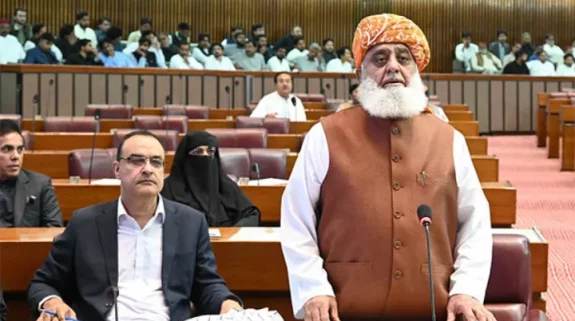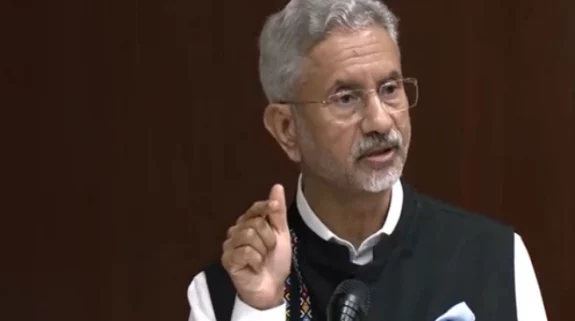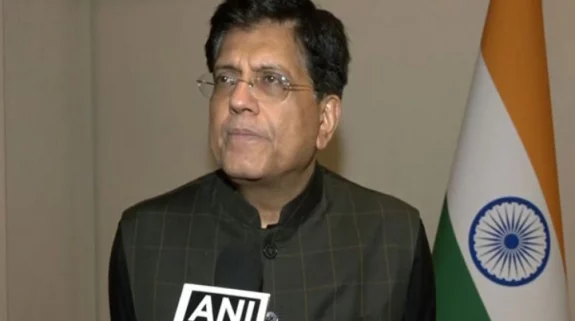Afghanistan has urged Pakistan to impose its will on Taliban so that it joins stalled peace talks.
On its part, Pakistan has apparently served Taliban an “enough is enough” ultimatum. In case they don’t re-join the peace process, the Talban were told, Islamabad would retaliate.
What has been the tipping point that has forced Islamabad’s hand? Apparently, Pakistan’s patience ran out when the Taliban refused to join the US-backed Afghan Peace Conference in Islamabad, which was slated for April 24 in Istanbul. The seminal conclave was to be co-hosted by Turkey, Qatar and the United Nations.
The Pakistani delegation led by special envoy Mohammad Sadiq was subsequently in Kabul for two days. According to the Afghan media, the Pakistani heavyweight team was on a ‘special' mission.
Last year, the Afghans had arrested Aslam Farooqi, also known as Abdullah. He was the chief of the arch-terrorist Islamic State “Khorasan Province’ (KP) chapter. Since then, Pakistan has been trying to “extradite” Aslam Farooqi, because of his ‘close ' connection with Pakistan’s ISI. The Afghans have charged Farooqi with attacking in last March, in which 27 people were killed.
India’s National Investigation Agency (NIA) registered a case to look into the terror attack in Kabul. One Indian was among 27 Sikh worshippers who were killed in the attack led by Aslam Farooqi.
Pakistan’s ISI and the Pakistan army, the handlers of terror groups, has been concerned that Farooqi would share sensitive, credible and verifiable information with the National Directorate of Security (NDS) of Afghanistan, showing them in “poor light”, in case the information became public.
It is because of these large-scale ramifications that Pakistan has been pressuring Afghanistan to hand over Farooqi to them. Pakistan is using the Taliban peace deal as a leverage to bring in the United States into the picture to pressurise Afghanistan to hand over Farooqi to them.
While Pakistani delegation was in Kabul last week, it is understood that Farooqi’s extradition was also discussed.
When asked by the media, Ahmad Zia Saraj, the head of Afghanistan’s intelligence agency—the National Directorate of Security (NDS) said: “We will think about it once Pakistan hands over some Taliban leaders to us who are in their jails.” The ball in now in Pakistan’s court to comply with the Afghan request, in case it wants to “recover” their intelligence asset.
According to the NDS, more than 408 foreigners Daesh terrorists have been arrested, out of which 299 are Pakistani including the Province chief Aslam Farooqi. Another 309 foreign prisoners that belong to Al Qaeda network and other militant groups are also in the Afghan government’s custody.
The Afghanistan government has talked to the 13 countries including Pakistan whose nationals are in Afghan prisons.
NDS chief says Aslam Farooqi, a key Daesh leader and other few high ranking Pakistani terrorists will not be handed over to Pakistan immediately.
Farooqi, who belongs to Orakzai district, Kohat Division, Khyber Pakhtunkhwa province, Pakistan, before moving to ISIS, was a part of Lashkar-e-Jhangvi (LeJ) in the late 1990s, an anti-Shia terror group, many members of which, later joined Al Qaeda and the Taliban. LeJ, too, traces its origin to Orakzai district and is known for carrying out sectarian attacks, including against the Shias and religious minorities, including Hindu nationals of Pakistan.
Also Read: Opium poppy production in Afghanistan – multibillion drug trade, big money for Opioids
How an India, Iran and Russia partnership can save Afghanistan






